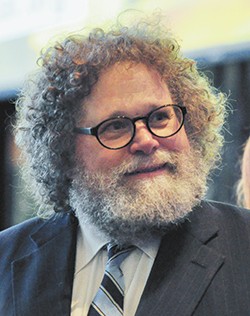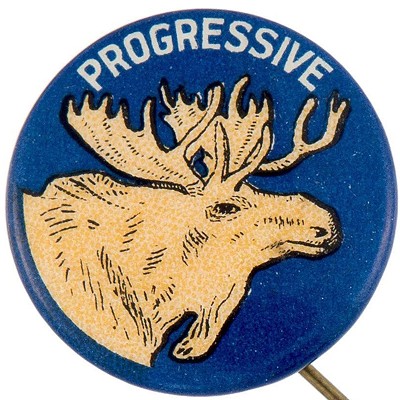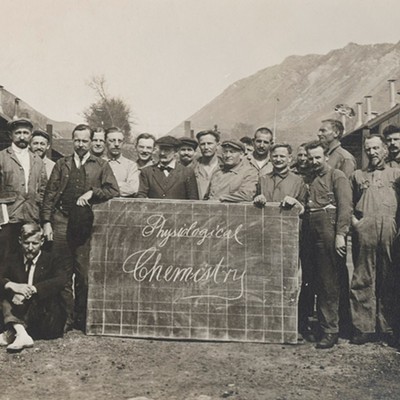Diets are hard, but sometimes necessary. Olympia is currently debating whether to put the state of Washington on the environmental equivalent of the Atkins diet — instead of low-carb, it's low-carbon.
Governor Jay Inslee has proposed a cap-and-trade system that would cap carbon emissions and require major carbon emitters to pay for the privilege as we wind down the amount pumped into the atmosphere. Inslee also wants new, greener standards for fuel.
The governor has estimated that his reduced carbon plan could produce nearly $1 billion in revenues for the state over the next year, which could be used to fund transportation, schools and other needs. In other words, it's a plan that cuts carbon emissions and raises new revenues.
Republicans in the Legislature are having none of it.
Last month, the GOP-controlled Senate passed a new $15 billion transportation plan that includes increases in the gas tax (nearly 12 cents phased in over three years) to pay for road infrastructure. That in itself is seen as a minor miracle given the Senate's tax-averse nature. The Daily Olympian offered its congratulations on transportation progress, citing two years of "wheel spinning and doubts" about whether the GOP majority could deliver.
But the Senate bill also contains a so-called 'poison pill' that cuts transit funding if the governor imposes stricter emission standards on fuels, vehicles or fuel distributors, or limits carbon emissions. That would be true for the life of the plan, or about 16 years. Republicans have also been dismissive of the governor's cap-and-trade plan.
So the Senate thus far is refusing to go on a low-carbon diet. Their transportation plan is big, conventional and growth-focused. More and bigger highways are a main feature.
Many greens are unhappy with the poison pill provision, which holds low-carbon projects and goals hostage. Given that so much of our greenhouse gases come from transportation, the road-centric transportation bill as currently written would likely make atmospheric matters worse. Building in some kind of climate mitigation makes sense, though sense often holds little sway in Olympia.
The public is open to the idea of carbon taxation, even if the oil companies are not. An Elway poll in January found that 71 percent of Washingtonians supported the idea of "a new carbon tax on industries that release the most pollutants into the air." That's the rosy scenario. A bitter campaign would likely bludgeon the idea's positives into more modest numbers. Still, there is an opening for public consideration.
With that in mind, carbon dieters are thinking about a backup plan if Olympia fails to come through. A group called Carbon Washington is planning to file a carbon tax citizen's initiative. The measure would establish a tax on carbon emissions from fossil fuels ($25 per metric ton of carbon emitted in the state).
That measure would actually cut the state sales tax rate by 1 percent and eliminate the B&O tax for manufacturing. The changes would be phased in over two years. In other words, the carbon tax would be revenue-neutral and business-boosting while shaving a hair off a regressive sales tax.
One of the sponsors, economist and stand-up comic Yoram Bauman, sees the ballot measure as a backup to the governor's cap-and-trade proposal: "We're not opposing the governor's legislative push or in competition with it, but it is common knowledge that the governor's bill faces stiff opposition. So we are positioning our ballot measure as the relief pitcher who's ready to come into the game if and when the starting pitcher falters."
Bauman thinks public opinion offers some room to work with, as do the plan's tax reform elements. Those might help get business and bipartisan support along with green voters.
One problem with any kind of diet is admitting you have a problem in the first place. This year's Northwest winter isn't helping on the PR front: It's warm and sunny, and folks just love an early spring.
The bright, mostly snow-free weather we've been having is indicative of climate change-steered Northwest winters that may be the norm by the year 2070, according to the University of Washington's Cliff Mass and other climate researchers. That's a prediction with major economic and resource implications, including water shortages, an expanding fire season, harm to salmon habitat and higher risks of flooding.
The problem is that people like this weather. Many folks would rather put on their swimsuits than admit they're bloated with too much gas. A low-carbon diet is too easily put off until another day. ♦
Knute Berger writes from Seattle. This column first appeared on Crosscut.com.






















